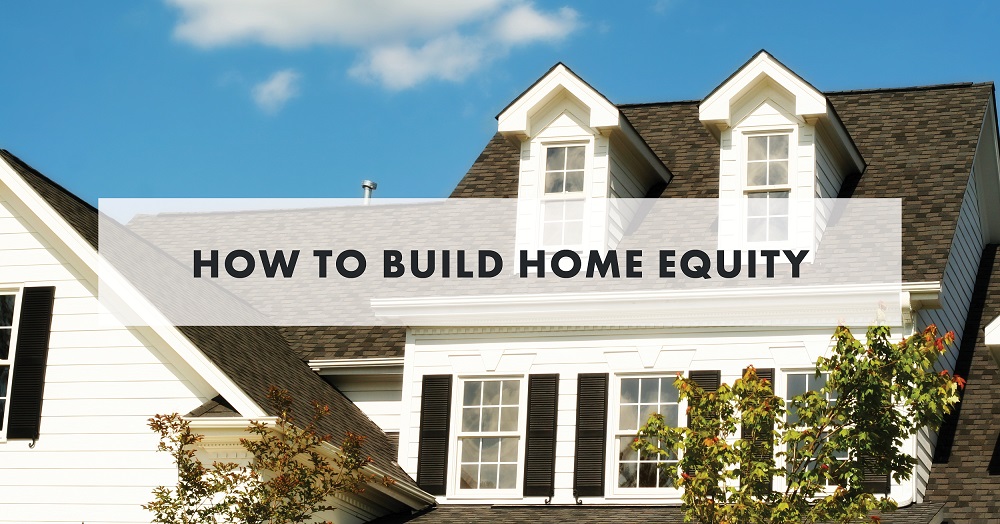
By Alena Kairys
Apr 8, 2022Among the myriad of reasons to own a home, one of the most significant is gaining equity. You can leverage your equity to finance home repairs or other expenses, and it can turn into profit when you’re ready to sell. Read on to learn how you can build home equity.
What is Home Equity?
Simply put, home equity is how much of your home you own. To determine how much equity you have, subtract the balance of your mortgage plus any property liens from the fair market value of your home. The market value of your home is how much your home would sell for in its current state, relative to the value of comparable homes in your area. The difference between the fair market value and the remaining debt on the property is your home equity.
Ways to Increase Your Home Equity
Make a Larger Down Payment
When you make a down payment on a home, you’re purchasing equity on the property. The more money you’re able to put down on a home, the greater equity you’ll have as you begin living in it. A higher down payment not only affects your equity—it could also lower your interest rate. These benefits can give you a head start when it comes to paying off your mortgage, but always consider your finances before dropping a few extra thousand dollars for your down payment. Fortunately, you don’t need a huge down payment to build equity, or even buy a home!
Improve your Home
Unlike in a rental situation, the time and money you invest to improve your living space can pay off in the form of increased equity and value. Projects that can boost your equity include remodeling your kitchen or bathroom, building an addition, and installing new windows. It’s important to note that not every home repair or upgrade will improve your home’s equity. Be careful not to over-renovate your home, as some changes may have minimal impact on your home’s value for the price you pay. If you’re not sure what improvements will grow your equity, ask a real estate agent to see what features would make your home stand out in your local market.
Make Extra Mortgage Payments
A simple way to build home equity is to pay more on your mortgage payments. Mortgages are amortizing, which means that initial payments will mostly go towards the loan’s interest. As you continue to make payments, a greater portion of your money will go towards the principal until the loan is paid off. When you get to the phase of only paying down the principal, you’ll be increasing your equity. You don’t have to wait until you reach that stage, though—you can pay more towards your principal on your monthly mortgage payments. On your payment note, you can indicate how much you want applied to the principal. Doing this will allow you to increase your equity and pay off your loan faster. You should check with your loan servicer to ensure there aren’t any penalties or fees for paying your mortgage off early.
Wait it Out
Another way your home equity can increase is if your local property values increase. When your house is in a highly desirable area, it will usually cause your home value to appreciate. If you’re considering selling and are not in a rush, it could be better to wait until home values rise. When paired with other equity-building methods, it can give your equity a lift when the economy and market conditions are right.
At its core, building home equity is about developing a stable investment that will offer wealth and security for years to come. It’s not difficult to increase equity, but it does take time and sometimes extra capital. Once you’ve built up a significant amount of equity, you’ll be able to unlock the value of homeownership.
If you have questions about home equity, contact one of our licensed Mortgage Loan Originators. If you’re ready to begin the home buying process, click here to get started!
These blogs are for informational purposes only. Make sure you understand the features associated with the loan program you choose, and that it meets your unique financial needs. Subject to Debt-to-Income and Underwriting requirements. This is not a credit decision or a commitment to lend. Eligibility is subject to completion of an application and verification of home ownership, occupancy, title, income, employment, credit, home value, collateral, and underwriting requirements. Not all programs are available in all areas. Offers may vary and are subject to change at any time without notice. Should you have any questions about the information provided, please contact us.